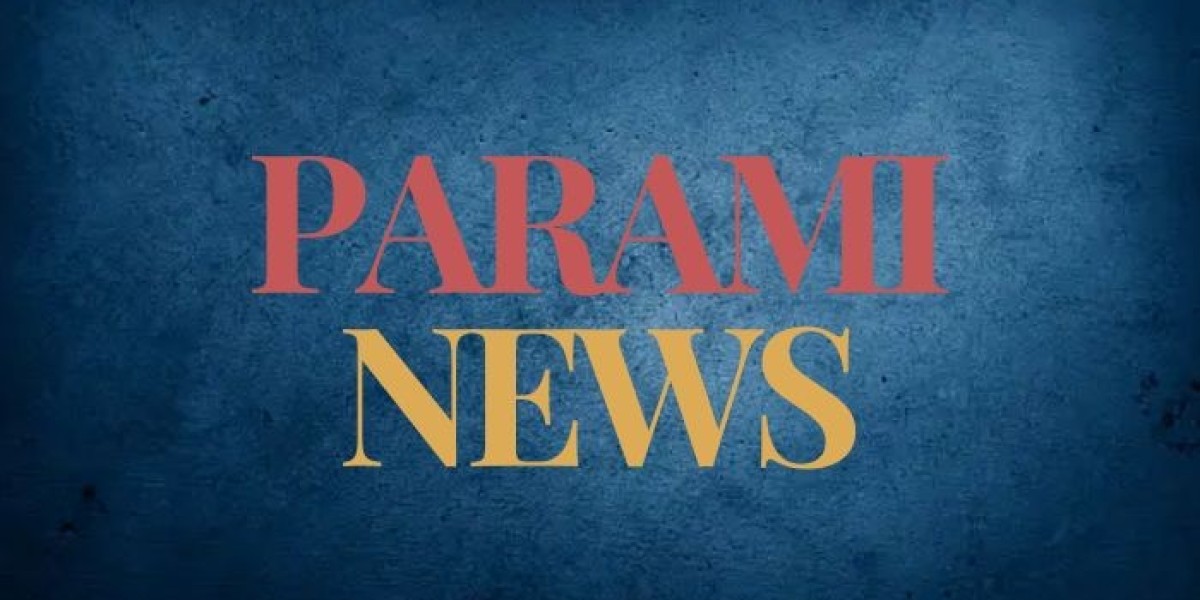However, by adopting a mindful approach to watching politics, one can navigate through the noise, understand the nuances, and actively participate in shaping the future of their community and country. In this article, we delve into the art of watching politics, exploring its significance, challenges, and opportunities for engagement.
Understanding the Significance of Political Watching: Watching politics goes beyond mere observation; it's about understanding the underlying dynamics that shape policies, decisions, and governance. Politics influences every aspect of our lives, from education and healthcare to the economy and the environment. By paying attention to political developments, individuals can comprehend how these decisions impact their daily lives and the lives of others. Moreover, political awareness fosters a sense of civic responsibility, empowering individuals to hold elected officials accountable and advocate for change.
Challenges in Political Watching: Despite its importance, political watching can be daunting due to several challenges. One significant obstacle is the overwhelming amount of information available, often leading to confusion and misinformation. With the rise of social media and 24-hour news cycles, distinguishing between fact and fiction becomes increasingly challenging. Additionally, the polarization of political discourse can alienate individuals and discourage meaningful engagement. Furthermore, apathy and disillusionment resulting from perceived inefficacy in the political process pose significant hurdles to active participation.
Strategies for Effective Political Watching: To overcome these challenges, adopting certain strategies can enhance the effectiveness of political watching. Firstly, diversifying news sources helps gain a comprehensive understanding of different perspectives and avoids echo chambers. Secondly, fact-checking and verifying information before forming opinions or sharing content is crucial in combating misinformation. Thirdly, engaging in civil discourse and seeking common ground with those holding opposing views fosters constructive dialogue and promotes empathy. Lastly, taking breaks when feeling overwhelmed by political news is essential for maintaining mental well-being and preventing burnout.
Empowering Civic Engagement: Political watching is not a passive activity but a precursor to meaningful civic engagement. By staying informed, individuals can actively participate in the political process through various avenues, such as voting, community organizing, and advocacy. Voting in elections is one of the most fundamental ways to exercise one's democratic rights and influence the direction of governance. Additionally, volunteering for political campaigns or grassroots organizations allows individuals to contribute directly to causes they believe in. Furthermore, contacting elected representatives, attending town hall meetings, and participating in public demonstrations are effective ways to voice concerns and demand accountability.
The Role of Critical Thinking: Critical thinking is indispensable in navigating the complexities of politics and making informed decisions. It involves questioning assumptions, analyzing evidence, and evaluating arguments objectively. In today's era of information overload and misinformation, honing critical thinking skills is more important than ever. By critically examining political rhetoric, scrutinizing policy proposals, and discerning underlying motives, individuals can separate truth from falsehood and make informed judgments. Moreover, cultivating a habit of critical thinking fosters intellectual autonomy and empowers individuals to resist manipulation and propaganda.
Building Political Literacy: Political literacy is the foundation of effective political watching and civic engagement. It encompasses understanding the structure of government, the functions of different branches, and the mechanisms of policymaking. Moreover, political literacy involves familiarizing oneself with key political concepts, such as democracy, justice, and human rights. By educating oneself about the political process and historical precedents, individuals can contextualize current events and make informed assessments. Furthermore, promoting political literacy in schools and communities is essential for fostering an informed citizenry capable of participating meaningfully in democratic governance.
Conclusion: Watching politics is not just about staying informed; it's about actively engaging in the democratic process and shaping the future of society. By understanding the significance of political watching, overcoming challenges, and empowering civic engagement, individuals can become agents of positive change in their communities and beyond. Through critical thinking, political literacy, and meaningful participation, we can collectively build a more just, equitable, and democratic society. As responsible citizens, let us embrace the art of watching politics and fulfill our duty to uphold the principles of democracy.







